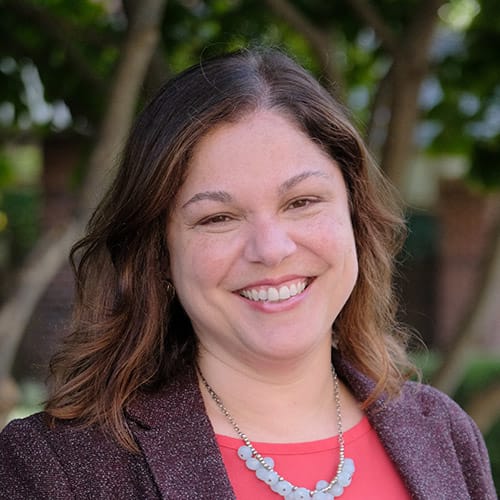About Senior Health
Explore senior health articlesAbout Senior Care Options
Explore senior living articlesAbout Finances & Legal
Explore finances and legal articlesAbout Products for Seniors
Explore products for seniorsAbout Senior Health
Explore senior health articlesAbout Senior Care Options
Explore senior living articlesAbout Finances & Legal
Explore finances and legal articlesAbout Products for Seniors
Explore products for seniors

As your parents age, it can be stressful to witness a decline in their physical and/or mental health. Their needs will inevitably evolve, and it’s important to seek help navigating all aspects of these changes, including the financial implications. Unfortunately, many families fail to plan for the higher medical expenses, long-term care costs, and changes in cognition that often come with getting older. Encouraging your parents to meet with a financial advisor can be a wise choice. These professionals can help you and your parents navigate these challenging issues and plan for the future.
Our free tool provides options, advice, and next steps based on your unique situation.

Our free tool provides options, advice, and next steps based on your unique situation.
Read more:Are Your Parents in Financial Trouble?

Our advisors help 300,000 families each year find the right senior care for their loved ones.
The information contained in this article is for informational purposes only and is not intended to constitute medical, legal or financial advice or create a professional relationship between A Place for Mom (of which OurParents is a trademark) and the reader. Always seek the advice of your health care provider, attorney or financial advisor with respect to any particular matter and do not act or refrain from acting on the basis of anything you have read on this site. Links to third-party websites are only for the convenience of the reader; A Place for Mom does not recommend or endorse the contents of the third-party sites.